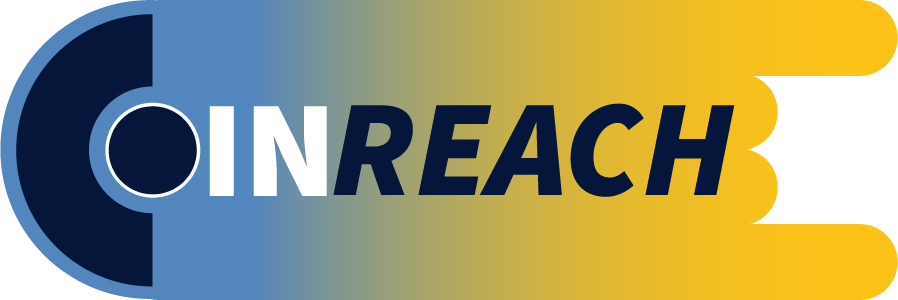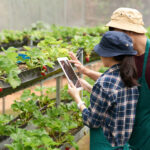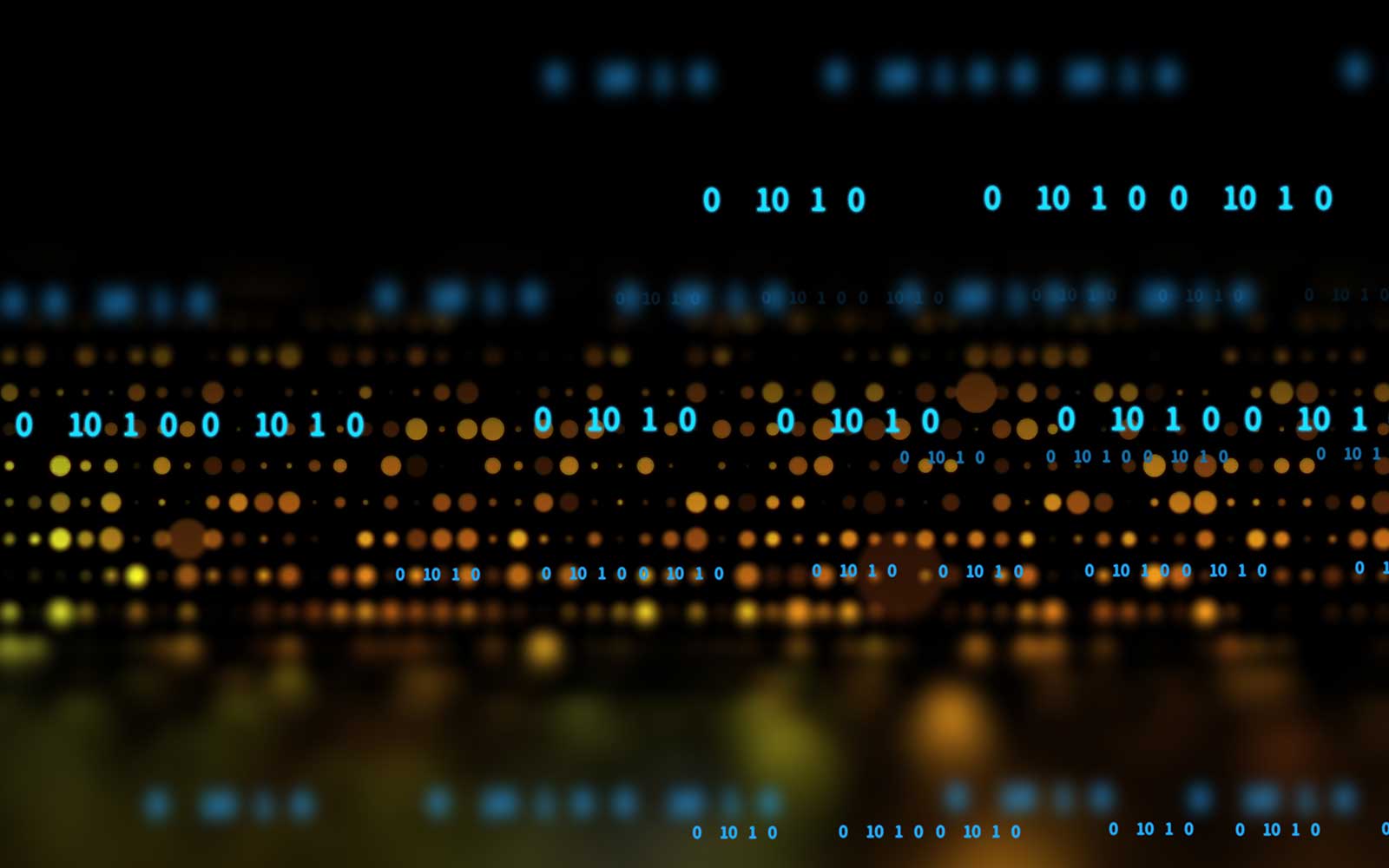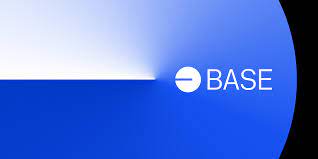In a groundbreaking development for the agricultural and technological landscape, Blockchain Farmsent, an initiative helmed by a visionary farmer, has successfully secured a license in Indonesia. This strategic move marks a significant step towards integrating millions of farmers into the transformative realm of Web3, ushering in a new era of efficiency, transparency, and inclusivity in the agricultural sector.
Bringing a revolutionary change to the agricultural sector, Farmsent, the blockchain platform, has unveiled its formal registration in Indonesia. With the endorsement of the Indonesian government, Farmsent gains the authorization to extend its groundbreaking technology to farmers throughout the nation, holding the capacity to impact more than 30 million agricultural practitioners and over 10,000 varieties of farm produce.
Web3, often referred to as the decentralized web, represents the next evolution of the internet, emphasizing user ownership, data privacy, and decentralized governance. By onboarding millions of farmers onto the Web3 platform, Blockchain Farmsent aims to provide them with access to a secure and transparent ecosystem that enhances their efficiency and market reach while fostering trust and collaboration.
With agriculture forming the backbone of many economies, particularly in developing nations like Indonesia, the integration of blockchain technology and Web3 principles holds the promise of addressing long-standing challenges. Issues such as supply chain opacity, traceability, and fair compensation have plagued the agricultural sector for years. By utilizing blockchain’s immutable ledger and smart contract capabilities, Blockchain Farmsent can create a digital infrastructure that ensures every step of the farming and distribution process is recorded and accessible to all stakeholders.
The implications of this endeavor extend beyond individual farmers. Entire communities stand to benefit from increased market access, streamlined transactions, and the potential to attract investment in previously underserved regions. By enabling peer-to-peer transactions and reducing reliance on intermediaries, Blockchain Farmsent’s Web3 initiative could spark a socioeconomic transformation that reverberates far beyond the fields.
The Indonesian government’s decision to grant a license to Blockchain Farmsent demonstrates a recognition of the project’s potential to contribute to national agricultural growth and technological advancement. This collaboration could serve as a model for other countries looking to leverage blockchain and Web3 technologies to empower their own agricultural sectors.
As Blockchain Farmsent embarks on its mission to onboard millions of farmers onto Web3, challenges undoubtedly lie ahead. Addressing issues of digital literacy, infrastructure, and accessibility will be crucial in ensuring the project’s success and impact. However, the potential rewards are vast, with the prospect of an agricultural landscape that is not only technologically advanced but also more equitable and sustainable.
In conclusion, the grant of an Indonesian license to Blockchain Farmsent marks an exciting chapter in the fusion of agriculture and technology. The initiative’s aspiration to bring millions of farmers into the world of Web3 has the potential to reshape the agricultural sector, foster inclusive growth, and pave the way for a more connected and prosperous future.



